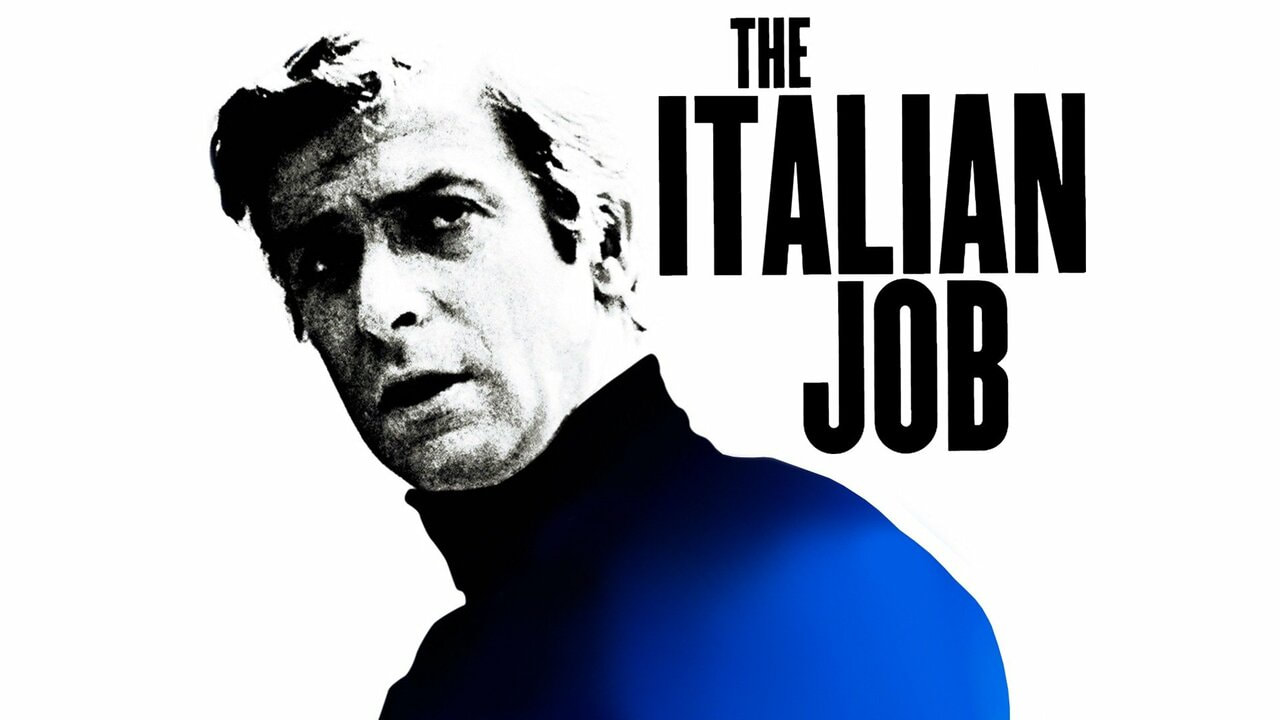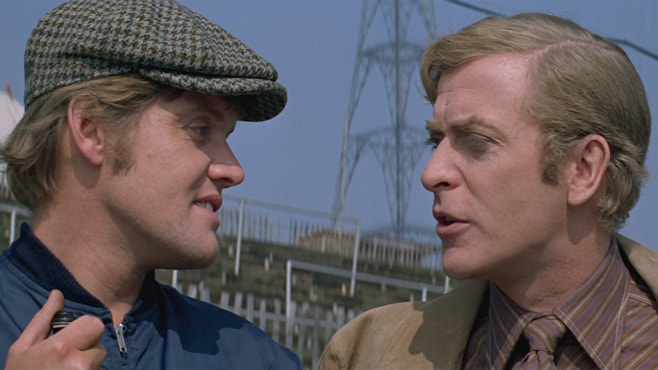|
I came across an anecdote by the actor Michael Caine recently. Usually I’m reluctant to take any notice of pronouncements by actors because it’s their job to be convincing whilst saying things written by other people. However, Caine was talking about an incident whilst he was working as an actor and, far more importantly, he was Charlie Croker in the Italian Job. He recounted a time during an improvisation where he had to enter a room whilst a couple were arguing. He was about to do his bit when a chair became stuck in the door and stopped him in his tracks. He froze. Something unexpected had occurred and it threw him. The director called a halt and explained that he should ‘use the difficulty’. He expanded, if the scene playing out is a comedy, fall over the chair or if a tragedy, pick it up and hit something with it. Fundamentally use what has happened, however challenging, as an opportunity to learn and progress. For our purposes in a training environment, the difficulty could be as important missing a season’s goal, simply not hitting a power target in a single training session or something as prosaic as missing a planned ride. In fact anything perceived as missing or falling below set parameters. Michael Caine's anecdote illustrates a process known as reframing. It’s used in sports psychology to alter performance affecting stress to useful excitement and in clinical settings by psychologists in cognitive behavioural therapy (CBT) to reframe unhelpful thoughts into ones that can be processed more positively. It's a process of using events and the information gathered from them dispassionately whilst disentangling the negative emotional element of unhelpful self-criticism. In essence to reframe an effort that has fallen short as a necessary and therefore successful failure. Provided we are prepared to persist, we learn far more from the things we get wrong than the ones we get right, we just have to frame the experience as essential part of progression and and not treat it as a personal disaster or a reflection of self-worth. Matthew Syed in his excellent book about the power of purposeful practice 'Bounce' wrote 'success is built upon the altar of necessary failure'. Simply we must try to do things just beyond our reach, fail, and keep trying. That way, we will ultimately succeed. The best athletes, with best minds, understand this and apply it to their purposeful practice. See a mistake as a failure, the temptation is to stop trying. Reframe it as an essential part of the learning process and ‘use the difficulty’, and there'll be a better chance of blowing the bloody doors off. Rich Smith is a psychology graduate and a British Cycling qualified Level 3 Road and TT coach supporting riders nationally and internationally and is coach to the Great Britain Transplant Cycling team. He is sure the original Italian Job (1969) is the best film ever made and the later remake, one of the worst. He launched RideFast Coaching in 2015 to deliver one to one, rider centred training that is physiologically effective but also psychologically sustainable.
0 Comments
Leave a Reply. |
AuthorThe ramblings of a cycling coach... Archives
May 2024
Categories |
|
© COPYRIGHT 2022. ALL RIGHTS RESERVED.
|


 RSS Feed
RSS Feed
